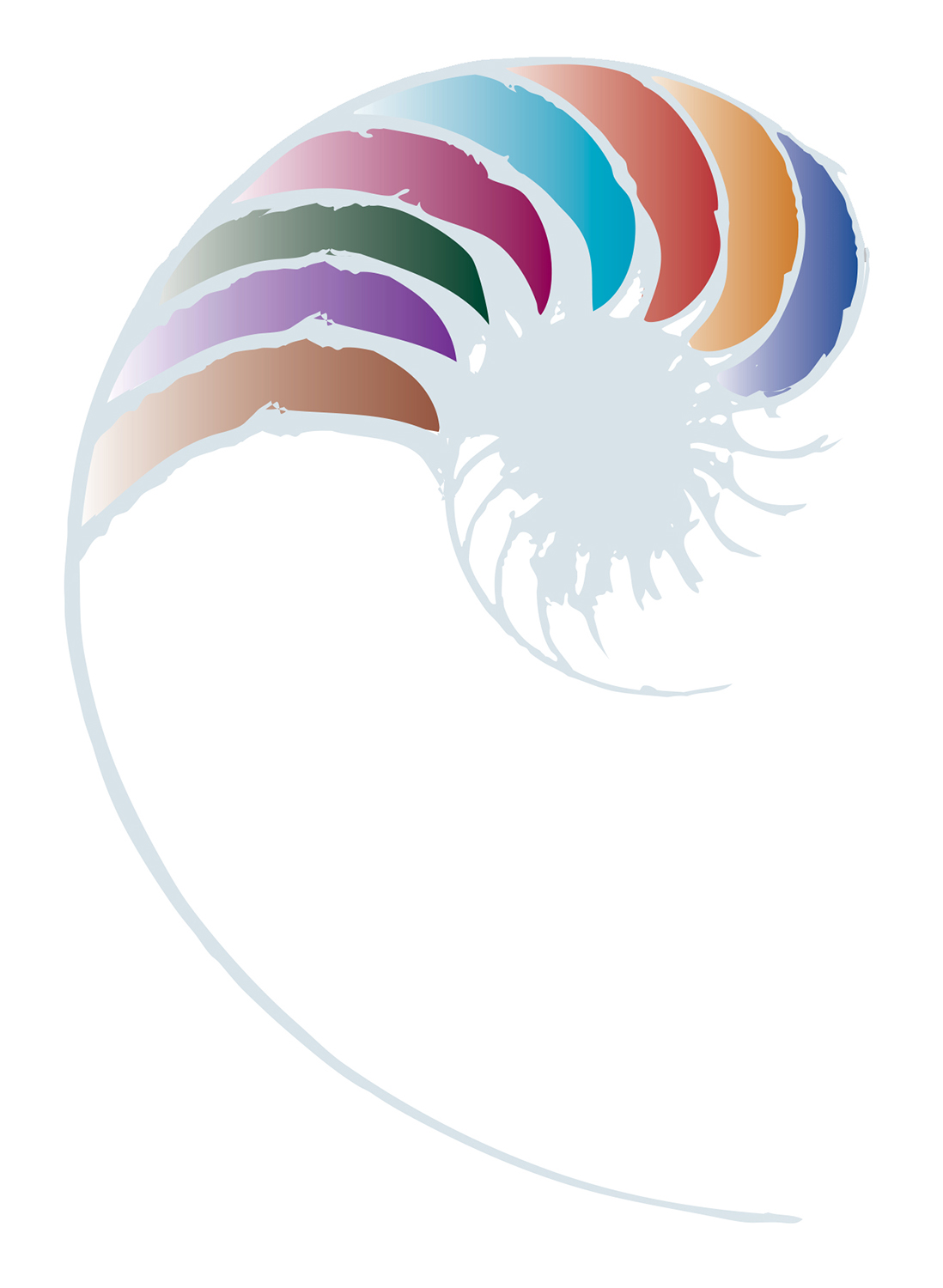Kaupapa whakahaere
Principles
This section is from pages 17–21 of Te Whāriki: He whāriki mātauranga mō ngā mokopuna o Aotearoa Early childhood curriculum. This resource is part of the “Te Whāriki strands and principles” set. See the resource carousel below for more.

Tū mai e moko. Te whakaata o ō mātua. Te moko o ō tīpuna.
Stand strong, O moko. The reflection of your parents. The blueprint of your ancestors.
(This whakataukī encourages mokopuna to stand strong, proud in the knowledge that they are the embodiment of all those who have gone before them.)
The curriculum is underpinned by four principles: Empowerment | Whakamana, Holistic development | Kotahitanga, Family and community | Whānau tangata, and Relationships | Ngā hononga. These principles are the foundations of curriculum decision making and a guide for every aspect of pedagogy and practice.
"In Te Whāriki children are valued as active learners who choose, plan, and challenge. This stimulates a climate of reciprocity, ‘listening’ to children (even if they cannot speak), observing how their feelings, curiosity, interest, and knowledge are engaged in their early childhood environments, and encouraging them to make a contribution to their own learning."
Smith, A. B. (2007). Children and young people’s participation rights in education, International Journal of Children’s Rights, 15, 147–164.
- Principle 1: Whakamana | Empowerment
- Principle 2: Kotahitanga | Holistic development
- Principle 3: Whānau tangata | Family and community
- Principle 4: Ngā hononga | Relationships
- Mā te whāriki e whakatō te kaha ki roto i te mokopuna, ki te ako, kia pakari ai tana tipu.
- Early childhood curriculum empowers the child to learn and grow.

This principle means that every child will experience an empowering curriculum that recognises and enhances their mana and supports them to enhance the mana of others. Viewed from a Māori perspective, all children are born with mana inherited from their tīpuna. Mana is the power of being and must be upheld and enhanced.
To learn and develop to their potential, children must be respected and valued. This means recognising their rights to have their wellbeing promoted and be protected from harm and to experience equitable opportunities for participation and learning and for rest and play.
Kaiako have an important role in encouraging and supporting all children to participate in and contribute to a wide range of enriching experiences. These expand the children’s competence and confidence and, over time, enable them to direct their own lives.
In an empowering environment, children have agency to create and act on their own ideas, develop knowledge and skills in areas that interest them and, increasingly, to make decisions and judgments on matters that relate to them. Play and playfulness are valued and kaiako-initiated experiences are inviting and enjoyable.
Perspectives on empowerment are culturally located, hence kaiako need to seek the input of children and their parents and whānau when designing the local curriculum.
The empowerment principle is reflected in the high expectations, Treaty of Waitangi, inclusion, and learning to learn principles found in The 2007 New Zealand Curriculum.
See Materials that come with this resource to download Te Whāriki Early childhood curriculum: Kaupapa Whakahaere | Principles (.pdf).
Kua kite rānei koe?
About this resource
This section from pages 17-21 of Te Whāriki: He whāriki mātauranga mō ngā mokopuna o Aotearoa Early childhood curriculum discusses its four principles:
- Whakamana I Empowerment
- Kotahitanga | Holistic development
- Whānau tangata | Family and community
- Ngā hononga | Relationships
This resource is part of the “Te Whāriki strands and principles” set. See the resource carousel for more.









